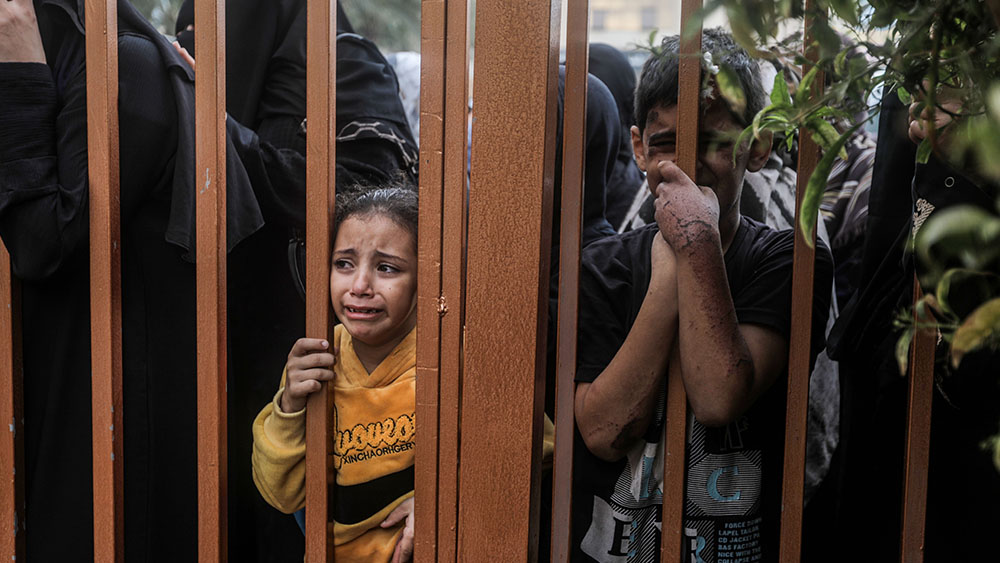
Security and international affairs analyst Haruna Warkani spoke to RT about the Israel-Hamas war in an exclusive interview on Tuesday, stating his view that the conflict will not end until one party recognizes the rights of the other.
(Article republished from RT.com)
Warkani, who previously served as an Economic Community of West African States Commission diplomat, noted that the conflict long predates what we see today, tracing it back to even before the 1948 declaration that established the state of Israel, he said.
He added that “the UN has done all it could to propose this two-state solution… However, both nations are claiming the same territory.
“Since 1948, the UN and generally the world has accepted that it [Israel] has to have a right to stay. Palestine historically had also been there and they also have a right to stay.”
He said that it is difficult to take sides. Warkani explained that on the one hand, the Palestinians are in a difficult situation as “a nation without a state.” On the other hand, “Israel lives in fear” of extremists who do not recognize its right to exist, he added.
“If Hamas, for instance, says they cannot recognize Israel, you will see that there is no way anyone will demand legitimacy within the same environment and refuses to also recognize the other party.
It means there will never be an end to this,” Warkani claimed.
South Africa has sided with the Palestinians as “an ideological position,” he said, recalling the country’s experience with apartheid, and “it’s like a similar history or similar experience” for the Palestinians. South Africa and Israel have had a rather “frosty” diplomatic relationship, he stressed.
Other African countries have adopted different positions “saying we support Israel or we support Palestine.” According to Warkani, the choice is mostly connected “to religious leanings.”
The analyst said the key to resolving the problem is “going back to the two-state solution.”
Read more at: RT.com
Please contact us for more information.




















